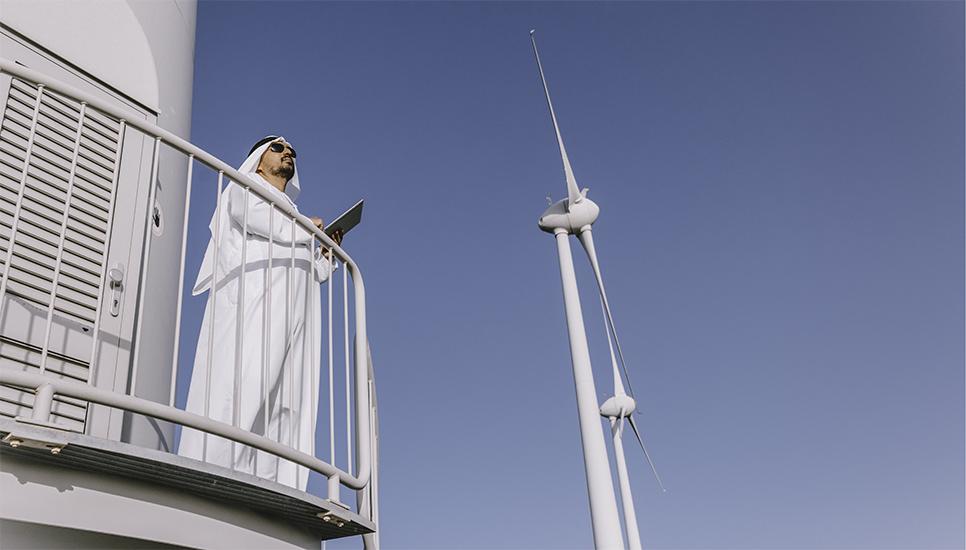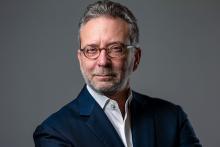How the generation gap is changing Middle Eastern family offices

A generation gap is emerging in Middle Eastern family offices and it is driving a raft of far-reaching changes in how they operate and how they invest their wealth. Younger family members are becoming more assertive and challenging family office founders to embrace new investment approaches and to focus on succession planning as the sector becomes more professionalised.
One key generational difference is the desire among younger family members for more consideration of Impact Investing focussed on delivering positive social and environmental change while continuing to deliver returns.
It goes hand in hand with an increased focus on using their wealth to advance Environmental, Social and Governance (ESG) in investment processes and investing. Younger generations are taking a different approach to their parents and grandparents and want to see their family business become advocates for sustainability.
That is the message which came through loud and clear from research conducted by Ocorian - a global leader in fund administration, capital markets, corporate and fiduciary research - having surveyed professionals working for family offices in the Middle East who are collectively responsible for more than $15 billion assets under management.
But it is also the message coming through from work on the ground in the region as demonstrated by the recent significant rise in the use of foundations for domestic structuring across the region as family offices and ultra-high-net-worth (UHNW) individuals plan for the future.
The experience of family office professionals
Ocorian’s study found that 80% of family office professionals in the Middle East have seen increased involvement from the next generation in developing and reviewing the investment strategy of their family office.
Around 93% say younger family members want to focus more on ESG, while 87% want to focus on the long-term sustainability of the family office. This has translated into an increasing interest in investing in private markets and even digital assets.
ESG is not seen as a fad. All professionals agree that ESG principles are a key consideration for investment priorities and the underlying investment process. Indeed, ESG is part of a family office’s fiduciary duty and 80% predict an increasing focus on ESG principles from a fiduciary perspective over the next three years.
In general, younger family members have a bigger risk appetite than the founders or older generations and 50% of those questioned say younger family members want a bigger focus on philanthropy.

Structuring is on the rise
Traditionally, family offices and UHNW individuals in the Middle East holding assets overseas have not structured them domestically but that is changing.
Almost 1,000 foundations have been set up in the UAE. The Dubai International Financial Centre (DIFC), Abu Dhabi Global Market (ADGM) and RAK International Corporate Centre (RAK ICC) foundations regime allows for the transfer of the ownership of assets from own name enabling the flow of wealth across generations and the continuity of family businesses.
Part of the reason for the growth in foundations is the strength of the real estate sector in the region which continues to expand. The other major driver is the increasing numbers of UHNW families relocating to the UAE from across the world, with expats now making up more than 80% of the total population. They are drawn to the tax regime and high standards of living in the region and want a secure structure to protect their wealth.
That is particularly significant because as family offices increasingly manage significant wealth there is a growing realisation that more needs to be done around succession planning. Around 50% of family office professionals we spoke to strongly agree with the view.
It is also particularly important for the smaller group of family office investment managers who do not currently see a natural leadership succession among their clients. It is a small group however as our research found that 83% of family office professionals in the region can see a natural succession of wealth and leadership within the families they work for.
The developments underline increased awareness around the need for asset protection and financial security as well as growing sophistication around the governance of family offices.

Change is bringing challenges
The generational shift in Middle Eastern family offices is resulting in far-reaching changes in how private clients operate which includes everything from their investment outlook and a rising trend in impact investing and ESG through to how they are structured and a professionalisation of the family office.
It is all very exciting but it does also bring new challenges, such as making sure that investments are both achieving target returns as well as the desired ESG credentials. Family offices and private clients across the region need support with navigating these new issues, whether it’s with foundation and trust services to succession planning for family assets and businesses.
That is leading to a growing role for third-party providers currently and in the future to enable family offices and high net worth individuals to take full advantage of the opportunities in the Middle East and beyond.
Lynda O’Mahoney is the Global Head of Business Development – Private Client at Ocorian.






